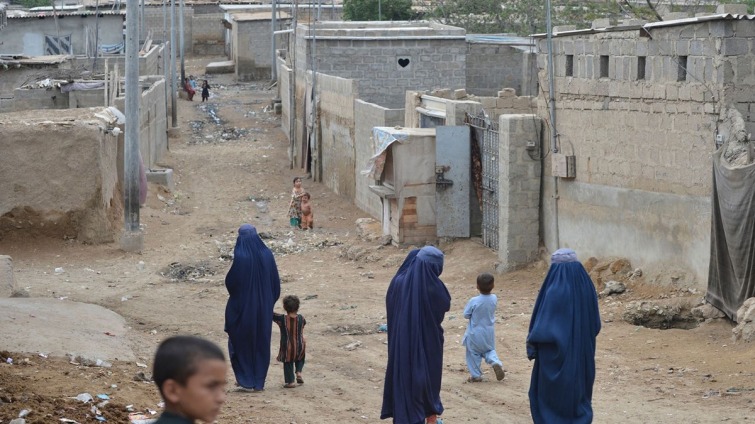In a strong rebuke to Pakistan’s recent move to evict hundreds of thousands of Afghan refugees and migrants, the Taliban has condemned the plan as “unacceptable.” The militant group, which now holds power in Afghanistan, refuted Pakistan’s claims that Afghan citizens were responsible for the country’s security problems. This escalating tension between the two neighboring nations has raised concerns about the fate of Afghan refugees living in Pakistan.
Taliban Defends Afghan Refugees
The Taliban’s spokesperson, Zabihullah Mujahid, took to the social media platform X, formerly known as Twitter, to voice their discontent. He emphasized that Afghan refugees should not be held accountable for Pakistan’s security challenges. “Afghan refugees are not involved in Pakistan’s security problems. As long as they leave Pakistan voluntarily, that country should tolerate them,” he stated, rejecting Pakistan’s accusations.
The Plight of Afghan Refugees
Currently, approximately one million Afghans are registered as refugees in Pakistan, with an additional 880,000 possessing legal status to remain in the country, according to the United Nations. However, Pakistan’s caretaker government recently claimed that an additional 1.73 million Afghans reside in Pakistan without legal status. They set a deadline of November 1 for these individuals to leave or face expulsion. Amnesty International has called on Pakistan to continue providing support to Afghan refugees, urging them to live with dignity and free from the fear of deportation.
Escalating Tensions and Security Concerns
Tensions between Pakistan and Afghanistan have escalated in recent times, exacerbated by border clashes that temporarily closed the main trade route between the two nations. Pakistan alleges that armed groups use Afghan soil to train fighters and plan attacks inside Pakistan, a claim vehemently denied by the Taliban, which insists that Pakistan’s security problems are home-grown.
Pakistan’s Interior Minister, Sarfraz Bugti, accused Afghan nationals of carrying out 14 out of 24 suicide bombings in Pakistan this year, using this as justification for the expulsion plan. However, the Taliban rejected these accusations, emphasizing that Afghans migrated to other countries for their safety and security.
Amidst these tensions, Pakistan’s caretaker government, installed in August to guide the country through upcoming elections, has seen the military exert more influence due to the prevailing uncertainty and instability in the country.
The situation involving the eviction of Afghan refugees in Pakistan has ignited a diplomatic dispute between the two neighboring nations. The Taliban’s firm stance against the expulsion of Afghan citizens highlights the challenges faced by the displaced population in the midst of geopolitical tensions. As the November 1 deadline approaches, the international community and organizations like Amnesty International are closely monitoring the situation, advocating for the rights and protection of Afghan refugees in Pakistan.















